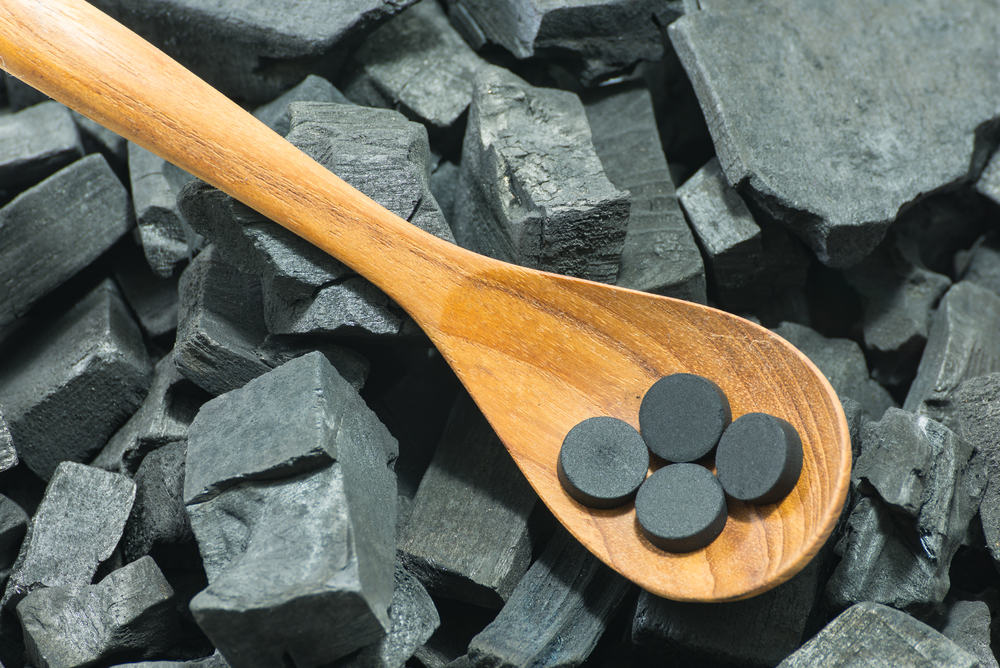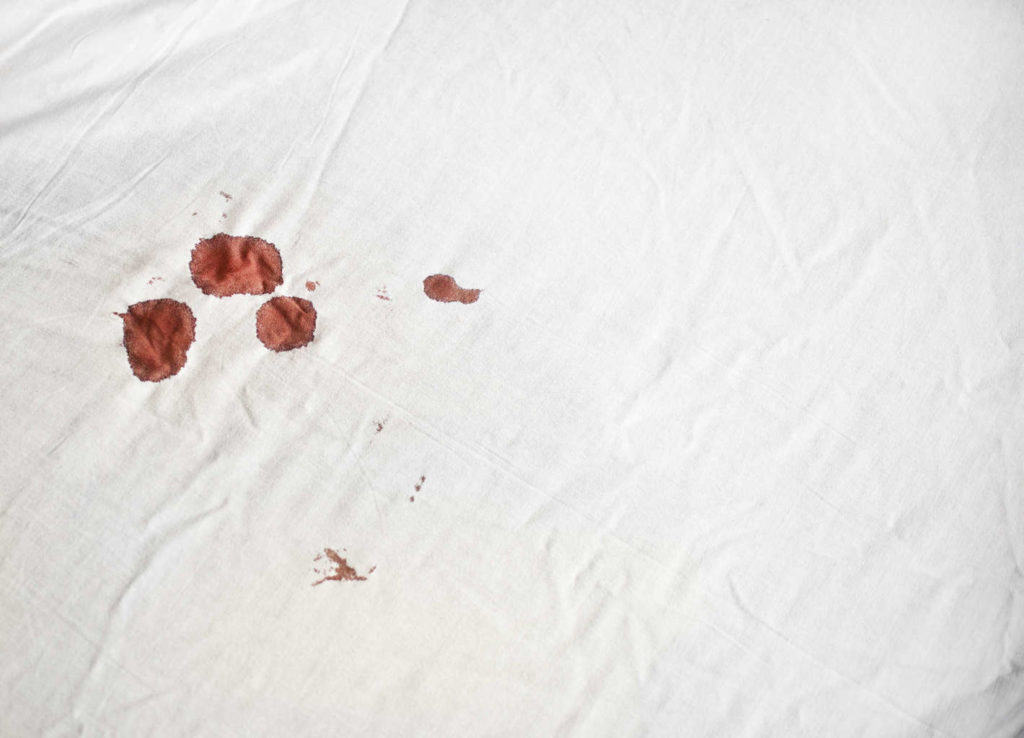Contents:
- Medical Video: The Biggest Mistake When Dealing with Hair Loss
- Hair loss can be caused because you lack salt
- Remember the limit of salt intake, don't overdo it!
Medical Video: The Biggest Mistake When Dealing with Hair Loss
Who doesn't like it when his hair starts to fall out? Not only women, men are also afraid if they experience hair loss. The causes of hair loss can vary, such as hormonal imbalances, menopause, pregnancy, anemia, and also a wrong diet, even your hair can fall out just because of lack of salt or iodine.
Hair loss can be caused because you lack salt
Do you know? Table salt is a source of iodine and sodium and minerals that are very important for the body, including for hair growth. Lack and excess salt according to research can cause hair loss. Why does this happen?
Lack of iodine minerals from table salt can cause hypothyroidism. Hypothyroidism is a disorder of the lack of thyroid hormones in the body which can cause hair loss.Without enough iodine, the thyroid cannot function properly and can cause irregular hair growth and even fall out.
People suffering from hypothyroidism usually experience symptoms such as fatigue, weight gain, dry skin, muscle pain, depression, constipation, and 'thinning' hair.
Well, to avoid this, adults must get between 120 and 150 mcg of iodine a day. The main source of iodine itself is table salt. You can also get it from clams, garlic and sesame seeds.Besides iodine, salt also contains sodium or sodium, which functions to maintain fluid balance and send communication between nerves. In addition, blood volume and blood pressure also depend on iodine which is still regulated.
Sodium chloride found in table salt is the most common form of sodium and 40 percent salt consists of this mineral. You should consume no more than 2,300 mg of sodium per day, which is equivalent to one teaspoon of table salt.
Remember the limit of salt intake, don't overdo it!
Although iodine and sodium are very important for health and hair growth, eating too much salt can be dangerous. Too much salt can actually inhibit thyroid hormone production, which in turn can also cause hypothyroidism and hair loss.
Eating more than 160 and 600 mcg of iodine from salt, can be harmful to your health and if your salt intake is more than 2,000 mcg, the salt you consume can be toxic. More than 2,300 mg of sodium can cause high blood pressure and buildup of fluid, and increase the risk of stroke and heart disease.
If you experience hair loss, it may not always be related to salt intake. Consult a doctor if you have noticed changes in hair growth or if you suspect you have a deficiency of iodine or sodium. In addition, if you have symptoms of hypothyroidism, you should seek medical help so that it is not fatal.
One disease that usually goes over to someone who has problems with salt is mumps. Mumps itself is one of the swelling of the thyroid gland that is seen as a lump in the neck. If the lump has compressed the throat or esophagus, there can be a change in sound, coughing, difficulty breathing and swallowing.












